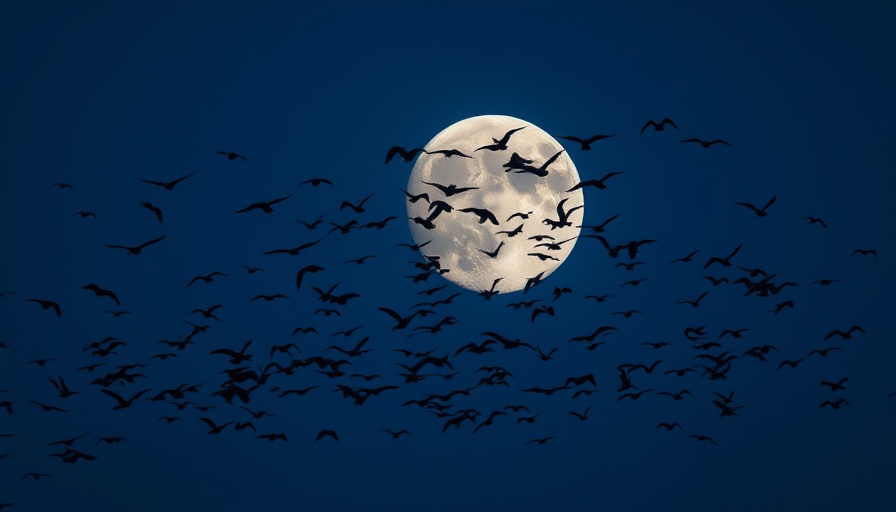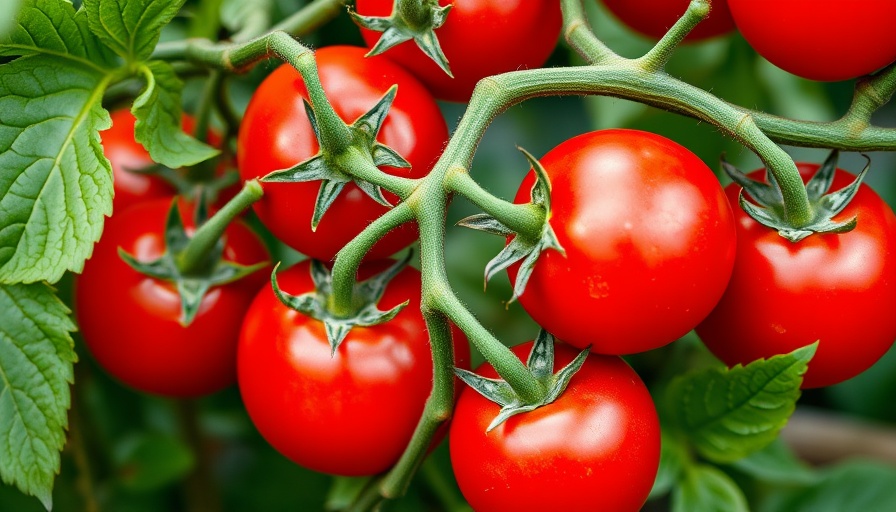
Unexpected Nocturnal Activity in Birds Revealed
Recent research has unveiled a surprising phenomenon: birds are exhibiting significant nighttime activity, staying awake almost an hour later than expected. This discovery, stemming from an analysis of over 180 million bird calls combined with satellite images of nocturnal light pollution, suggests that increased artificial illumination is impacting avian behavior dramatically.
The Influence of Light on Avian Behavior
Led by Brent Pease at Southern Illinois University Carbondale, the study highlights the detrimental effects of bright urban environments that are altering standard patterns of rest for various birds. Among the species affected, notable examples include the Northern mockingbirds, American robins, and European goldfinches, all of which are adjusting their daily routines due to prolonged exposure to artificial light. Interestingly, smaller birds like sparrows seem to cope better, likely due to their smaller eye size.
Long-term Consequences of Sleep Deprivation
While an extra hour of wakefulness might seem minimal to humans, for birds, it can be quite disruptive. Pease warns that this additional awake time can lead to altered eating habits, shifting migration patterns, and even influence courtship and mating behaviors. The implications of these changes could have profound impacts on budding avian populations, especially for species that rely on specific behaviors for survival.
Awareness and Action Required
This growing concern over light pollution underscores the necessity to address its ecological implications. Habitat preservation and minimizing artificial light usage are essential steps toward supporting avian populations and maintaining ecological balance. By understanding how our activities impact wildlife, we as a society can make more informed decisions to safeguard biodiversity.
As we reflect on these findings, it becomes increasingly clear that even simple changes in our environment can yield far-reaching consequences. To support these efforts, consider taking active steps in your own life to reduce light pollution and promote a healthier ecosystem.
 Add Row
Add Row  Add
Add 




Write A Comment